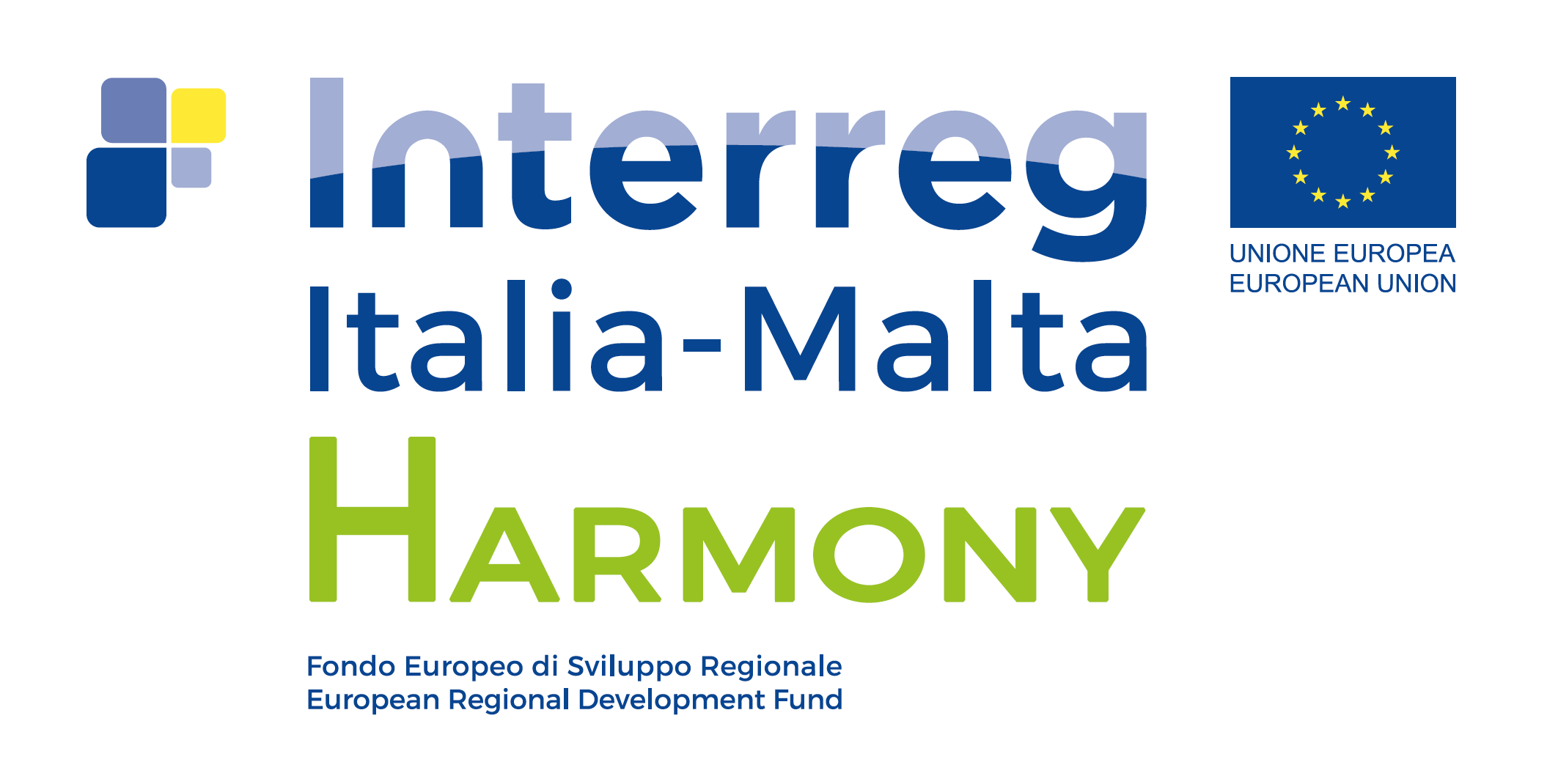News and Events
Online stakeholders forum
On the 28th of October 2020, a virtual sector forum meeting was held, titled “A resource not to be wasted: towards a common policy for the integrity of the seabed in the Mediterranean Sea”. This initiative was promoted by ISPRA (Istituto Superiore per la Protezione e Ricerca Ambientale). The meeting’s main topic on the agenda was a discussion on the means to facilitate the main stakeholders’ involvement and awareness about seafloor integrity (SI) and highlight the connection between SI and NIS. Participants were invited to share information, networks, good practices and hypotheses.
This forum involved public and private stakeholders belonging to different sectors and areas of activity, all with the common interest of protecting the state of the Mediterranean seabed. The integrity of the seabed of the Mediterranean Sea is strongly threatened by various forms of anthropogenic pressure. Economic activities such as fishing, aquaculture and tourism have an increasingly pervasive impact on the marine ecosystem and threaten, often irreversibly, the ecological balance of the most vulnerable marine ecosystems, especially in the absence of ad hoc management measures. The degradation of marine habitats is, among other things, a facilitator for the spread of non-indigenous species (NIS). One of the most important measures to reduce the likelihood of their introduction is to monitor the ecological characteristics of the seabed and its integrity. However, the development of effective and sustainable management measures is based on common policies, on cross-border strategies shared between countries that share the same marine space and on the participation of different types of public and private actors.
Consequentially, during this meeting, possible protocols and elements that can be included within Natura 2000 networks were discussed. Other topics of discussion were: potential protocols with fishermen for reporting areas useful for sampling the maerl, potential Local Ecological Knowledge (LEK) surveys for fishermen centring on SI, setting up integrated training systems for MPA managers, fishermen and divers to involve them in the monitoring system, and possible data collection systems (collected through the contribution of different marine operators).
